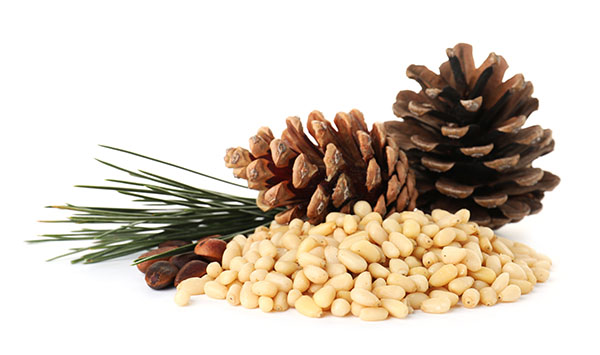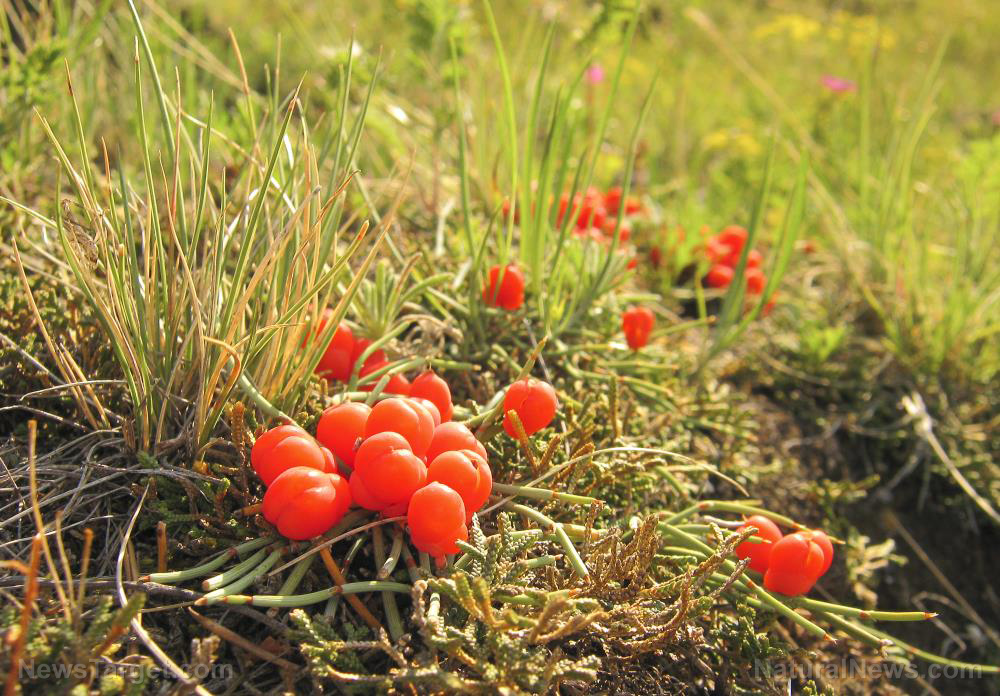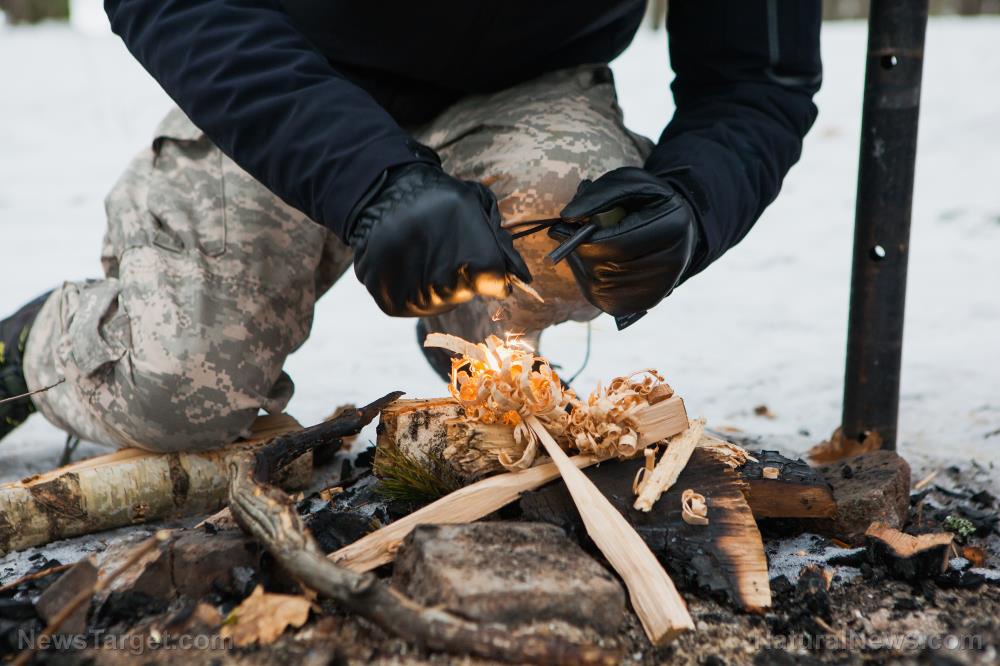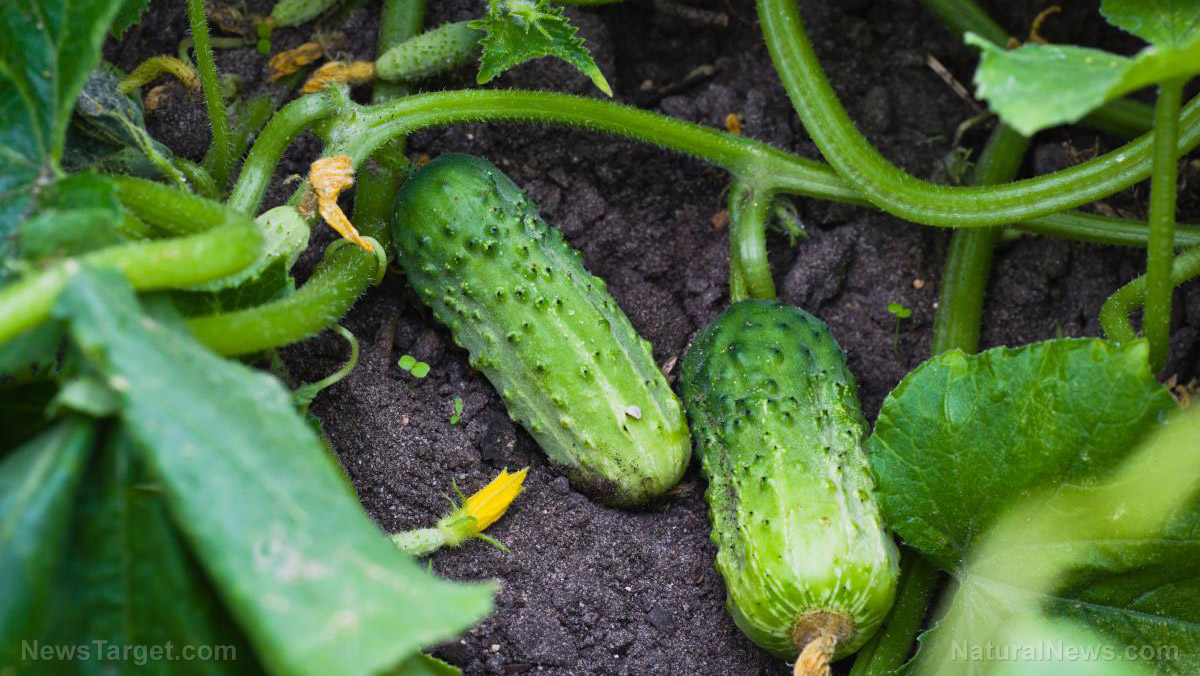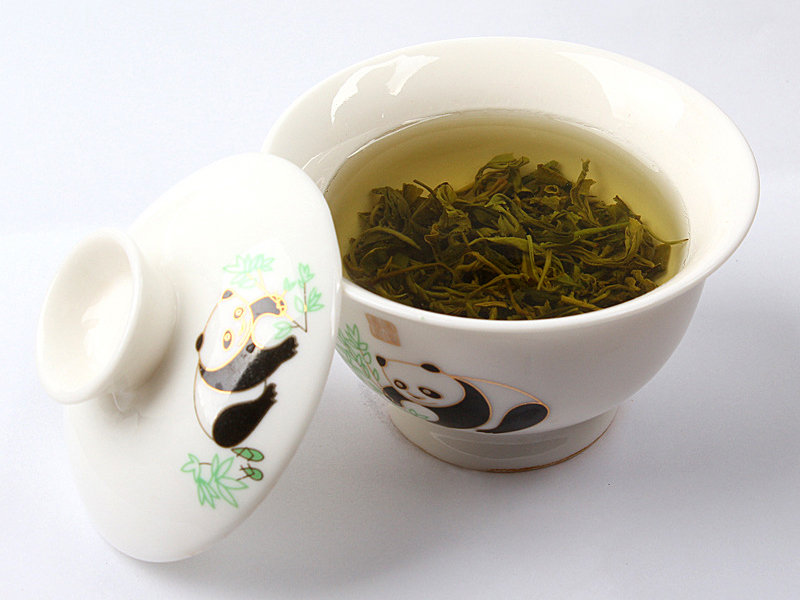Psychedelic plant compound ibogaine helping people overcome addition
05/14/2023 / By Ethan Huff
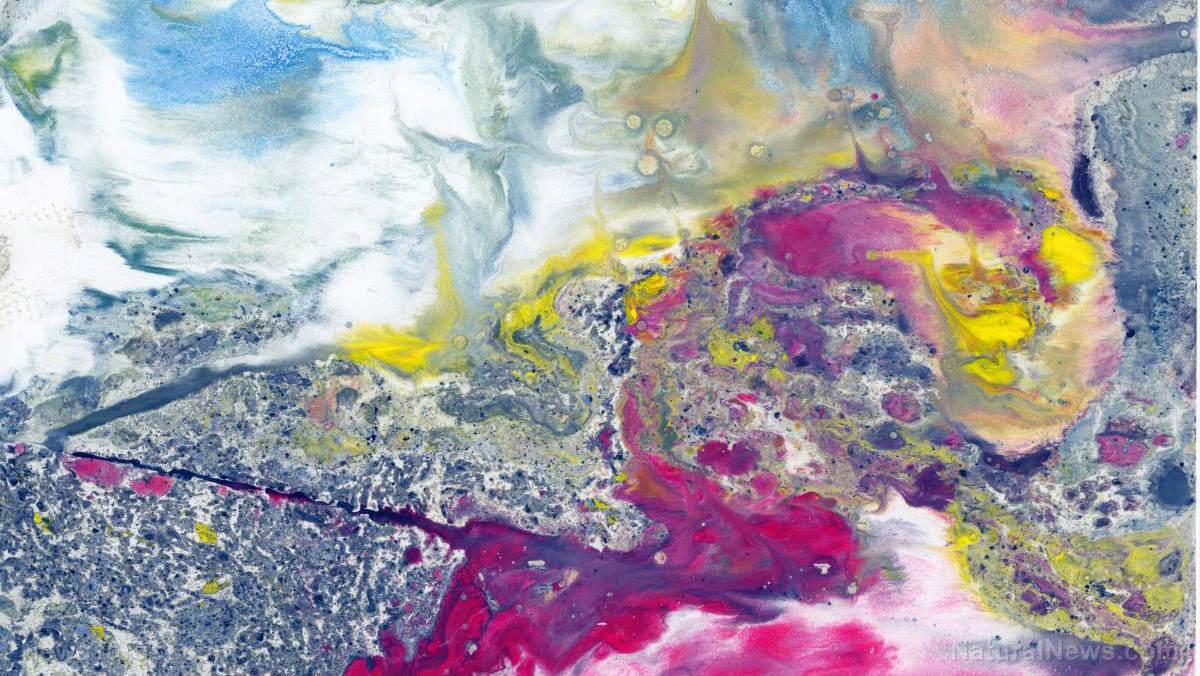
Another natural herb that currently sits on the United States’ Schedule I “controlled substances” list along with cannabis and peyote is helping people overcome the damage caused to them by pharmaceutical drugs.
Ibogaine, which comes from a powerful Gabonese plant, is a natural substance that people with drug addiction are turning to for help – but it is only legally available outside the U.S. in places like Mexico, where patients with opioid addiction, as one example, are finding relief.
Schedule I “drugs” like ibogaine are considered by the U.S. government to be substances with no recognized medical benefits that supposedly also come with a high risk of abuse. The reality, though, is that the natural substances on that list, at least, are highly medicinal – and this includes ibogaine.
In fact, ibogaine works so well that it is a threat to the Big Pharma establishment, which naturally explains why it remains an “illegal” substance throughout the country – but not south of the border in Mexico where people are receiving ibogaine treatments from practitioners with incredible success.
“It’s like I was put back to the day before I ever used a drug,” said a patient named Lynn Smith, who became addicted to opioid pharmaceuticals after suffering a serious pickup truck accident.
(Related: Big Pharma and pharmaceutical distribution chains such as Walgreens are largely responsible for widespread addiction, having “substantially contributed” to the current opioid crisis.)
If it works and it’s natural, chances are the U.S. government has banned it
Pharmaceutical overdoses kill an estimated 100,000 people in the U.S. every single year. Three out of four of these deaths are caused by opioids, according to the Centers for Disease Control and Prevention (CDC).
If only ibogaine clinics like the one Smith went to in Tijuana existed here, then perhaps fewer people with opioid and other drug addiction would be dying – but try telling that to the Food and Drug Administration (FDA), which keeps a tight lid on natural remedies like ibogaine that actually work.
Not all ibogaine clinics in Mexico are regulated, but they do tend to be run by licensed doctors who know what they are doing, according to reports. And the best part is that they are vastly more affordable, and effective, than traditional rehabilitation clinics here in the U.S.
Smith paid about $12,000 for her recovery in Tijuana using ibogaine. The average cost of going through conventional rehab here in the U.S. is multiple times that amount, at least.
Derived from the Tabernanthe iboga plant, ibogaine, which comes from the iboga root, is traditionally brewed into palm wine or chewed to curb both hunger and fatigue. In larger doses, iboga has powerful psychoactive effects, having been used for such purposes for centuries by the Fang, Mitsogo, and Punu people of the Congo Basin as part of the Bwiti religion.
Iboga’s use is still considered to be “fringe,” but is rapidly gaining interest and popularity like cannabis has over the past decade. And as to be expected, Big Money has already set its sights on turning the natural remedy into a high-profit, synthetic drug.
“Psychedelic therapies are expected to grow into a nearly $11bn industry in the next five years,” reports The Guardian.
“If developed, synthetic drugs derived from the compounds in ibogaine could offer hope for addiction treatment and decrease demand for poached plants. But as researchers continue to untangle the pharmacological potential of ibogaine, and drug companies take an interest, the people of Gabon are grappling with how they will fit into the equation.”
To learn more about how pharmaceutical drugs coupled with poor nutrition contribute to illnesses that lead to addiction, visit Addiction.news.
Sources for this article include:
Submit a correction >>
Tagged Under:
addiction, alternative medicine, big government, Big Pharma, Cures, FDA, Gabonese, Herbs, iboga, ibogaine, money, natural cures, natural medicine, natural remedies, psychedelic, psychedelics, remedies
This article may contain statements that reflect the opinion of the author
RECENT NEWS & ARTICLES
Herbs.News is a fact-based public education website published by Herbs News Features, LLC.
All content copyright © 2018 by Herbs News Features, LLC.
Contact Us with Tips or Corrections
All trademarks, registered trademarks and servicemarks mentioned on this site are the property of their respective owners.


